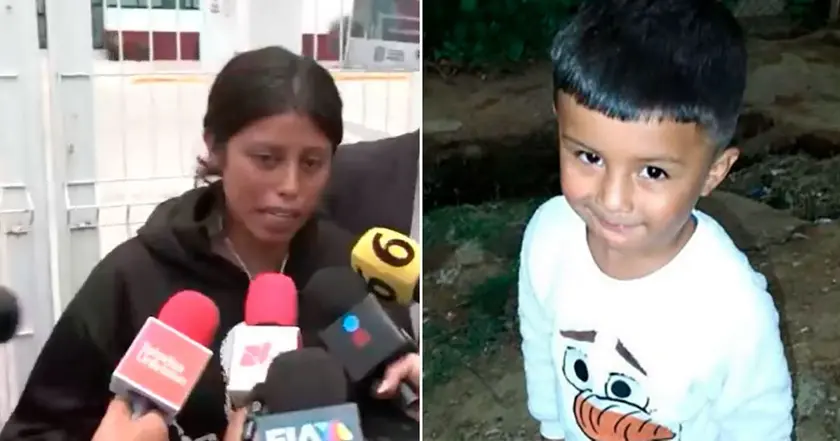T4K3.news
Mexican Kidnapping Case Highlights System Failures
A five-year-old boy was abducted and killed after a debt led to a ransom demand. Authorities face criticism over slow response and protection gaps.

Five year old Fernando was abducted over a debt and killed in La Paz, drawing scrutiny of local authorities and safety nets.
Mexican Kidnapping Case Reveals System Failures
A five year old boy named Fernando was snatched from his La Paz home on July 28 after his mother Noemi Gomez borrowed 1,000 pesos to pay rent. The group of neighbors who took him reportedly demanded payment before releasing the child. On August 4, police found Fernando’s body at a property, with injuries including a skull fracture and other wounds. Three suspects, Ana N, Lilia N and Carlos N, face kidnapping and murder charges. Noemi, who has a communication disability, reported the disappearance but faced obstacles in reporting to the right offices and was told to seek help elsewhere.
Community anger is growing over what many see as a slow police and social services response. Activists say the case shows how debt and informal lending can put vulnerable families at risk and how gaps in protection can allow violence to escalate. Investigations continue, and the family calls for accountability and swift justice.
Key Takeaways
"The day she went to ask for her child, they tried to beat her because she couldn't speak well."
Neighbor Maria Pascual on the mother's treatment by others
"They continued to refuse to release the child until the debt was paid."
Reported behavior of suspects during kidnapping
"He was a loving kid and all, he wasn't to blame for anything that happened."
Noemi Gomez on Fernando
"My sister went to the council and then an office in Nezahualcóyotl, and she was ignored."
Alfredo Gomez on reporting delays
Two threads drive this tragedy. Economic precarity pushes families toward informal lenders, sometimes creating a dangerous debt trap. At the same time, gaps in how missing-child cases are handled and how vulnerable families access help fuel public distrust. Reforms should aim for faster missing-person checks, clearer pathways for those in debt to seek protection, and better coordination between police and social services. This case may become a turning point in how communities balance debt relief with child safety and how to prevent debt-based violence from becoming normalized.
Highlights
- Debt should never put a child in danger
- A missing child should trigger help not hurdles
- Justice for Fernando starts with fast action
- Protecting the vulnerable means listening to families in need
Public safety and governance under scrutiny after child murder
The case highlights delays in missing child reporting, barriers for vulnerable families, and mistrust in local authorities. It could provoke public backlash and political scrutiny.
The case should spark a broader look at how communities shield the most vulnerable.
Enjoyed this? Let your friends know!
Related News

Teenage girl dies from starvation due to NHS failures

Marten and Gordon found guilty in infant's death

Kate Kniveton exposes decade of abuse by MP husband

Prosecutors fail to delete revenge porn images from offenders' devices

David Attenborough’s Parenthood premieres tonight

Eight individuals sentenced for murder of Maryann Measles

Cassie Ventura Posts on Instagram After Diddy Trial

Teenager Ruth Szymankiewicz dies amid psychiatric care failures
